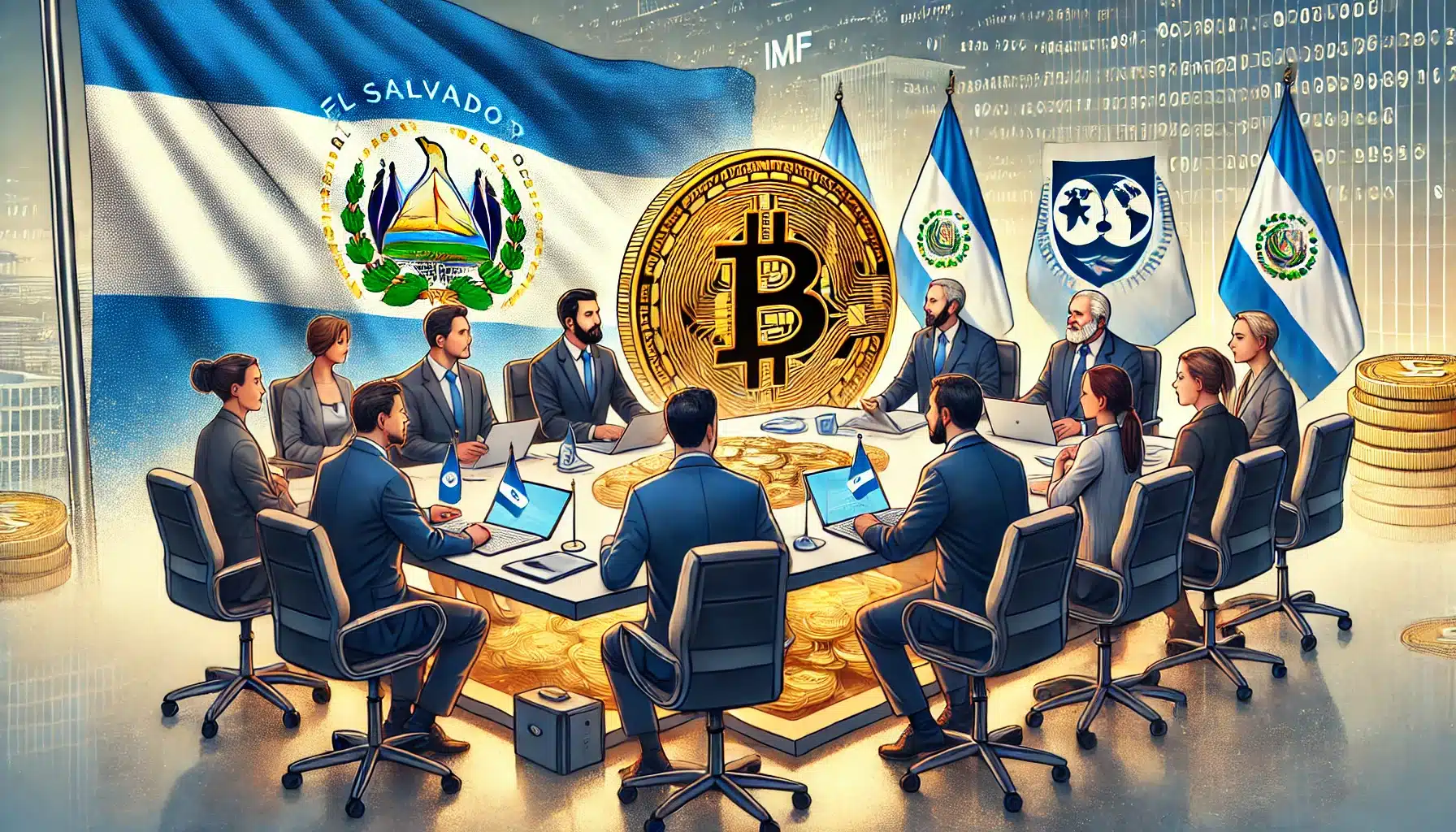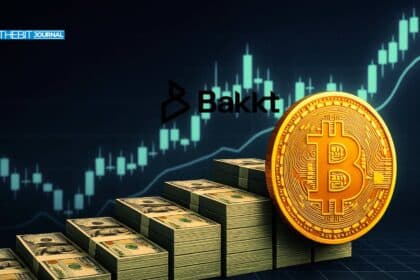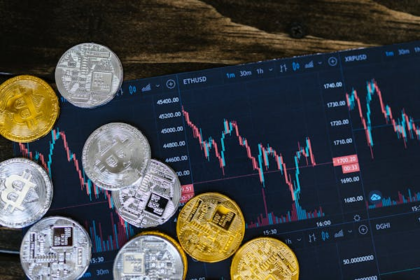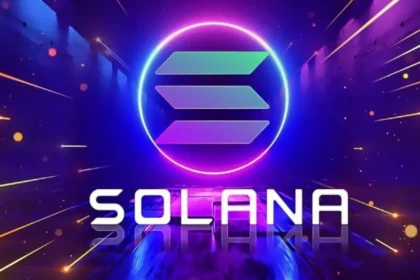As per the source, the U.S. Securities and Exchange Commission (SEC) is exploring a innovative partnership with El Salvador’s National Commission of Digital Assets (CNAD). The two agencies aim to launch a cross-border regulatory sandbox that will serve as a testing ground for crypto regulation models, especially in areas like tokenized real estate and decentralized capital formation.
While no formal agreement has been signed yet, the initiative is already being dubbed a “regulatory litmus test” for how the U.S. might approach future oversight of digital assets — and it may mark a significant pivot in global crypto diplomacy.
What’s the Sandbox All About?
The proposed sandbox involves two pilot programs, each with a budget under $10,000, making it a low-risk experiment with potentially high-impact insights.
Pilot 1: Tokenized Real Estate Across Borders
A U.S.-based real estate broker will collaborate with a Salvadoran tokenization firm to conduct asset-backed token sales. The goal? To test how property investments can be tokenized and sold internationally, in compliance with evolving digital asset regulations.
Pilot 2: Equity Tokenization for Capital Formation
This project focuses on raising capital through tokenized equity, particularly for project financing. It will examine how startups or real estate developers can issue tokenized shares, potentially unlocking a more democratized fundraising model.

Why El Salvador?
El Salvador remains one of the most crypto-progressive nations on the planet. After becoming the first country to make Bitcoin legal tender in 2021, the nation rolled out a comprehensive digital asset framework in early 2023.
Partnering with El Salvador offers the SEC a valuable opportunity to study real-world applications of tokenization within a live regulatory environment — something the U.S. still lacks.
“The SEC is no longer just watching from the sidelines,” said a senior blockchain policy researcher. “They’re stepping into the sandbox themselves — and El Salvador is the perfect ally.”
Bridging Regulatory Gaps: A Collaborative Approach to Digital Asset Oversight
The SEC’s partnership with El Salvador’s CNAD represents a significant step towards harmonizing international crypto regulations. By leveraging El Salvador’s progressive digital asset framework, the SEC aims to gather practical insights into token classification, custody solutions, and broker-dealer roles within a real-world context.
This collaboration aligns with Commissioner Hester Peirce’s vision for a more adaptive and innovation-friendly regulatory environment, as outlined in her recent policy statements.
Real Estate Tokenization: Unlocking New Investment Opportunities
One of the pilot programs focuses on tokenizing real estate assets, allowing investors to purchase fractional shares of properties in El Salvador through blockchain-based tokens. This approach not only democratizes access to real estate investments but also enhances liquidity and transparency in the property market.
By observing the implementation of this model, the SEC seeks to understand the potential benefits and challenges of integrating tokenized real estate into the U.S. financial system.

Implications for U.S. Crypto Policy
This sandbox could have far-reaching effects on U.S. crypto regulation. The SEC’s move comes amid rising criticism over its enforcement-heavy approach and growing calls for principles-based frameworks that encourage innovation rather than stifle it.
If successful, these pilots could:
Inform upcoming SEC rulemaking on tokenized assets
Influence Congressional crypto legislation
Serve as a blueprint for international regulatory cooperation
Moreover, the sandbox signals that the SEC may be softening its posture under new leadership shifts expected later this year.
Is This the Future of Global Crypto Oversight?
Cross-border sandboxes are gaining popularity as regulators seek to harmonize global crypto laws while reducing jurisdictional friction. The SEC-CNAD collaboration mirrors similar initiatives seen in the EU and Singapore, but it’s the first time the U.S. is visibly participating in such an open, cross-national pilot.
For crypto firms and investors, this may offer new pathways to compliant expansion, especially for those interested in launching tokenized products that appeal to both U.S. and LATAM markets.
Frequently Asked Questions (FAQs)
What is the SEC–El Salvador crypto sandbox?
It’s a joint pilot initiative to test cross-border regulatory models involving tokenized real estate and equity, led by the SEC and El Salvador’s CNAD.
Why is El Salvador involved?
El Salvador has an established crypto-friendly legal environment and was the first country to adopt Bitcoin as legal tender, making it an ideal partner for live digital asset experiments.
Will this affect U.S. crypto regulation?
If successful, the findings from the sandbox could shape future SEC policies and influence Congressional discussions on crypto lawmaking.
Is this a legally binding agreement?
Not yet. The sandbox is currently in a pilot phase, with no formal regulatory agreement signed, but discussions and test scenarios are active.
Glossary of Key Terms
Regulatory Sandbox: A controlled environment where regulators and firms test innovative financial products under relaxed supervision.
Tokenization: The process of converting ownership rights in real-world assets into digital tokens on a blockchain.
Asset-Backed Token: A digital token representing ownership of a tangible asset like real estate or commodities.
CNAD (El Salvador): National Commission of Digital Assets — the Salvadoran regulatory body overseeing blockchain and crypto policy.





























